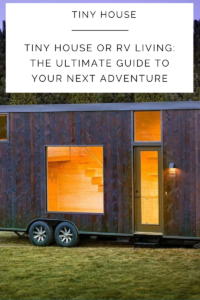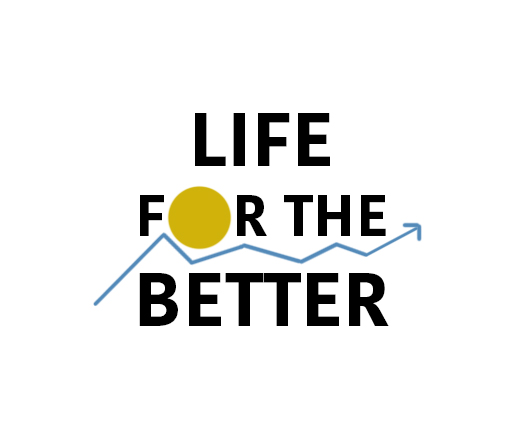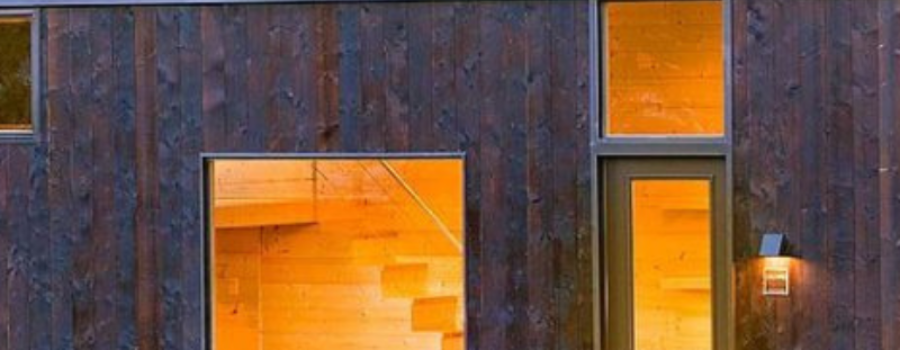
Tiny houses and RVs have become increasingly popular in recent years as a way for people to downsize their living space and live a more minimalist lifestyle. Whether you’re seeking freedom from the mortgage, an environmentally friendly lifestyle, or just want to simplify your life, tiny houses and RVs offer many benefits. In this ultimate guide, we will explore the pros and cons of tiny house and RV living to help you make an informed decision about which option is right for you.
Pros of Tiny House Living:
- More Permanent and Customizable: Tiny houses offer more stability compared to RVs and are often built on a foundation. This allows for more customization options and a higher level of personalization. You can create a living space that truly reflects your style and personality.
- Often Less Expensive than Traditional Homes: Tiny houses typically cost less upfront and have lower ongoing expenses than traditional homes. This is due to their smaller size, which means less material and labor are required to build them. Additionally, tiny house owners often have lower utility bills and property taxes.
- Increased Financial Freedom and Mobility: By downsizing to a tiny house, you can reduce your monthly living expenses, freeing up more of your income for travel, hobbies, or retirement savings. Tiny house owners can also pick up and move their home whenever they want, allowing for a more nomadic lifestyle.
- Minimalist and Environmentally Friendly Lifestyle: Tiny houses promote a minimalist lifestyle by forcing residents to downsize their possessions and live with only what they need. This is not only good for your wallet but also for the environment, as tiny houses have a smaller ecological footprint compared to traditional homes.
Cons of Tiny House Living:
- Limited Living Space: Tiny houses are, by definition, smaller than traditional homes, which means you’ll have limited living space. This can be challenging for families with children or for those who need a home office or storage space.
- Zoning and Building Codes: Tiny houses may be subject to zoning and building codes that can limit where they can be parked. This can make it difficult to find a place to live and can be a major challenge for those looking to live a nomadic lifestyle.
- Higher Upfront Costs: While tiny houses are often less expensive than traditional homes, they still require a significant upfront investment. This can make them less accessible to those on a tight budget.
Pros of RV Living:
- Total Freedom and Mobility: RVs offer the ultimate freedom and mobility, allowing you to travel and explore new places without being tied down to a single location. You can pick up and move whenever you want, giving you the opportunity to see new sights and experience new cultures.
- More Affordable Upfront Costs: RVs are often less expensive upfront compared to tiny houses and traditional homes. This makes them a more accessible option for those who want to downsize but can’t afford a higher upfront investment.
- No Worries about Zoning and Building Codes: RVs are typically not subject to zoning and building codes, making it easier to find a place to park. This means you can park in RV parks, campgrounds, or even on public land in many cases.
Cons of RV Living:
- Limited Living Space: Like tiny houses, RVs offer limited living space, which can be challenging for families with children or those who need a home office or storage space.
- Higher Ongoing Costs: While RVs are more affordable upfront, they have higher ongoing costs for maintenance, gas, and campsite fees. This means that you’ll need to budget more money each month to maintain your RV lifestyle.
- Less Customization Options: RVs are often limited in terms of customization options, which means you may have to make compromises when it comes to decorating and personalizing your living space.
No matter which option you choose, tiny house or RV living offers a unique and adventurous lifestyle. Both options allow you to live simply and minimize your impact on the environment, while enjoying the freedom and flexibility of life on the road.
When deciding between a tiny house and an RV, consider your budget, lifestyle, and long-term goals. If you want a more permanent and customizable living space, a tiny house may be the right choice for you. If you crave freedom and mobility, an RV may be a better option.
In conclusion, tiny house or RV living is an exciting way to live a simple and minimalist lifestyle while freeing yourself from the constraints of traditional living. With the right mindset and preparation, you can enjoy all the benefits of this unique and adventurous way of life.








